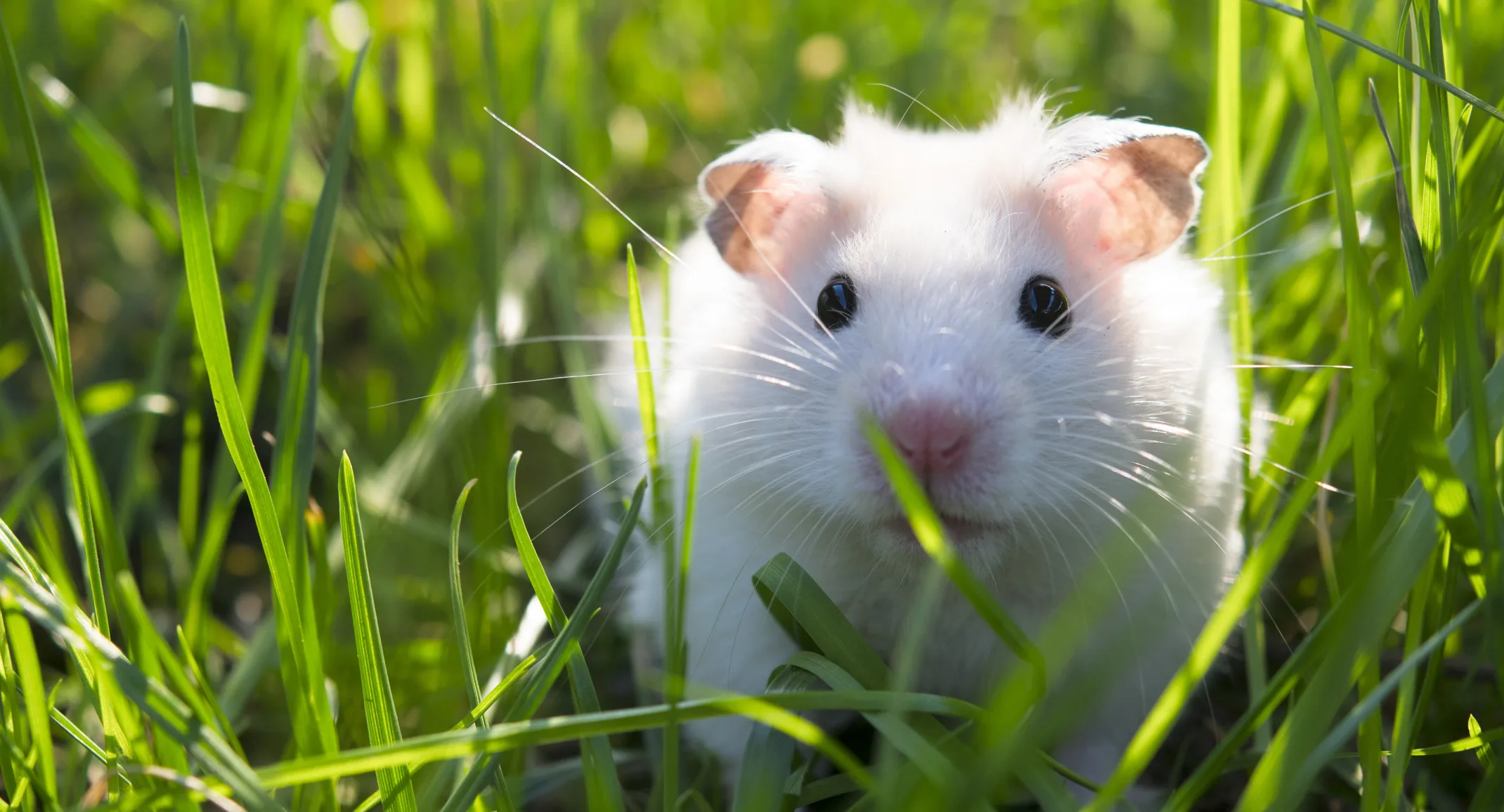Veterinary Care for Exotic Pets
News

Most pet owners know that dogs and cats benefit from an annual wellness visit to their favorite veterinarian for a physical exam, vaccines, preventatives, and any additional recommended care. But did you know that it is just as important to have your exotic pet examined annually by a veterinarian experienced in the unique needs of these cool critters!?
“Exotics” consist of pocket pets such as rabbits, ferrets, guinea pigs, hamsters, and other rodents. Snakes, lizards, turtles, and amphibians are also included in the exotic category. While birds are considered exotics, owners need to reach out to a veterinarian that specializes in avian care. Because each type of exotic is so unique, their health, and longevity depends a lot on the environment and diet we as owners supply to them.
Environmental size, type of substrate (bedding), lighting, and temperature play a role in the health of ALL exotic animals. Some exotics can have cage mates, while others should remain safely isolated to prevent fights & injuries. An inappropriate environmental temperature can lead an exotic pet to a lowered immune system, slower digestion, heat related injuries, or decreased reproduction ability. If the substrate is too dusty or wet it can pose risks to the respiratory tract, and other substrates can cause a GI obstruction or be a choking hazard for some pets.
Dietary needs are more unique and specific to each type of exotic pet. For example, pocket pets with continuously growing teeth (ex: rabbits, guinea pigs, hamsters) need timothy hay daily to aid in keeping the teeth worn to the correct length. The hay also helps with appropriate digestion. Guinea pigs need a Vitamin C supplement to prevent hypovitaminosis C or “scurvy”. For a well-balanced diet, insectivores & herbivores with-in the lizard family must have a balanced vitamin/mineral supplement dusted on their food prior to eating.
Not every veterinarian is comfortable with the handling & care of exotic pets. It takes someone with the passion to pursue continuing education and the time to develop the needed experience in handling, uniqueness, and care of each type of exotic. PLUS it is equally important for vet techs and assistance to be interested and willing to work with the exotic pets. An exotic veterinarian will have special equipment for running diagnostic tests and specific medications for the treatment of these pets.
A first wellness visit scheduled very soon after acquiring your exotic pet will give us time to review the environment and diet specific to your friend for any needed adjustments. If a concern is found on your pet’s physical exam, we will discuss recommended diagnostics and any needed treatment. Then, the future annual wellness visits will allow us to monitor your pet’s health as they grow and age. Give us a call to schedule. We can’t wait to meet your special pet!
Kelly Parsons, DVM
